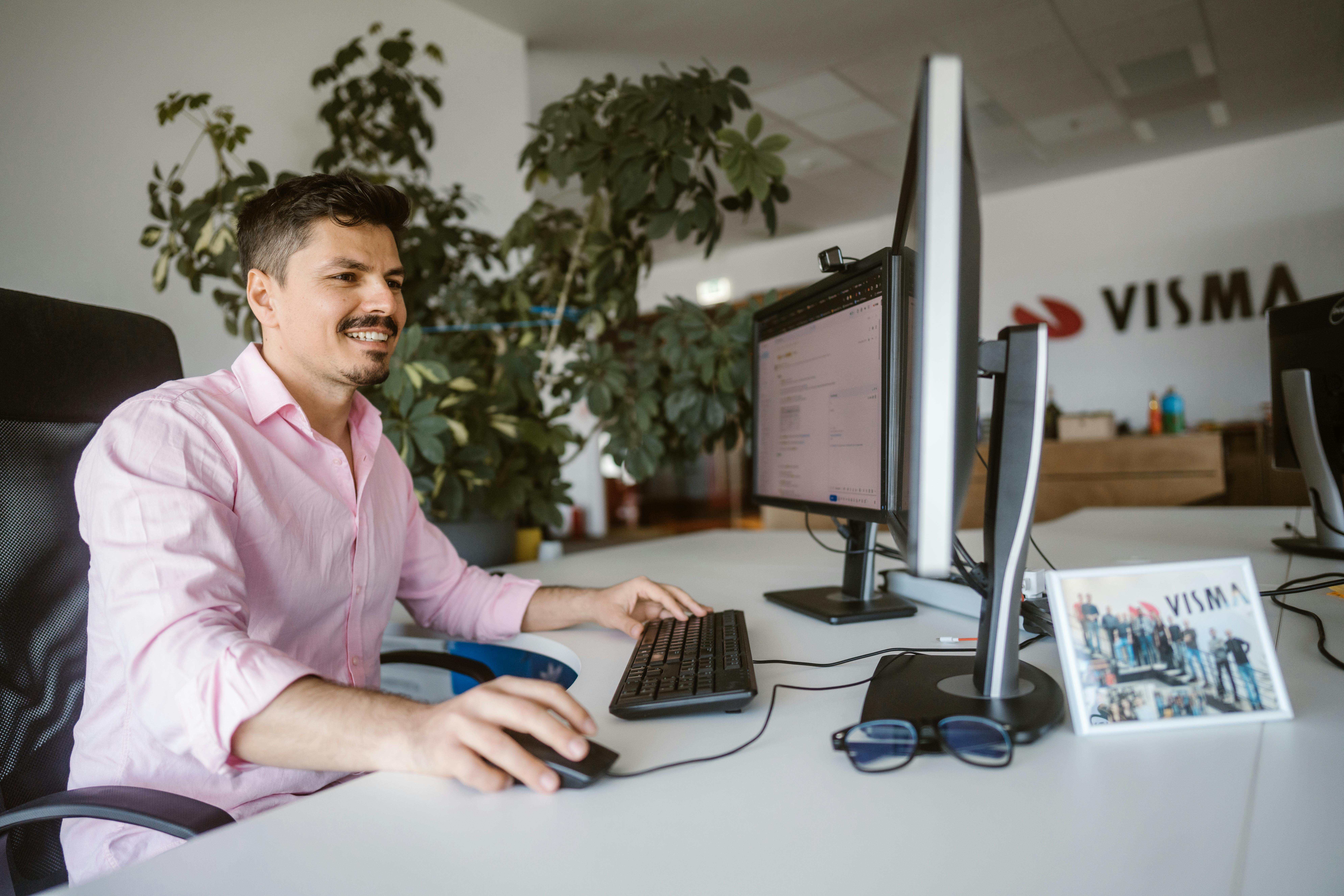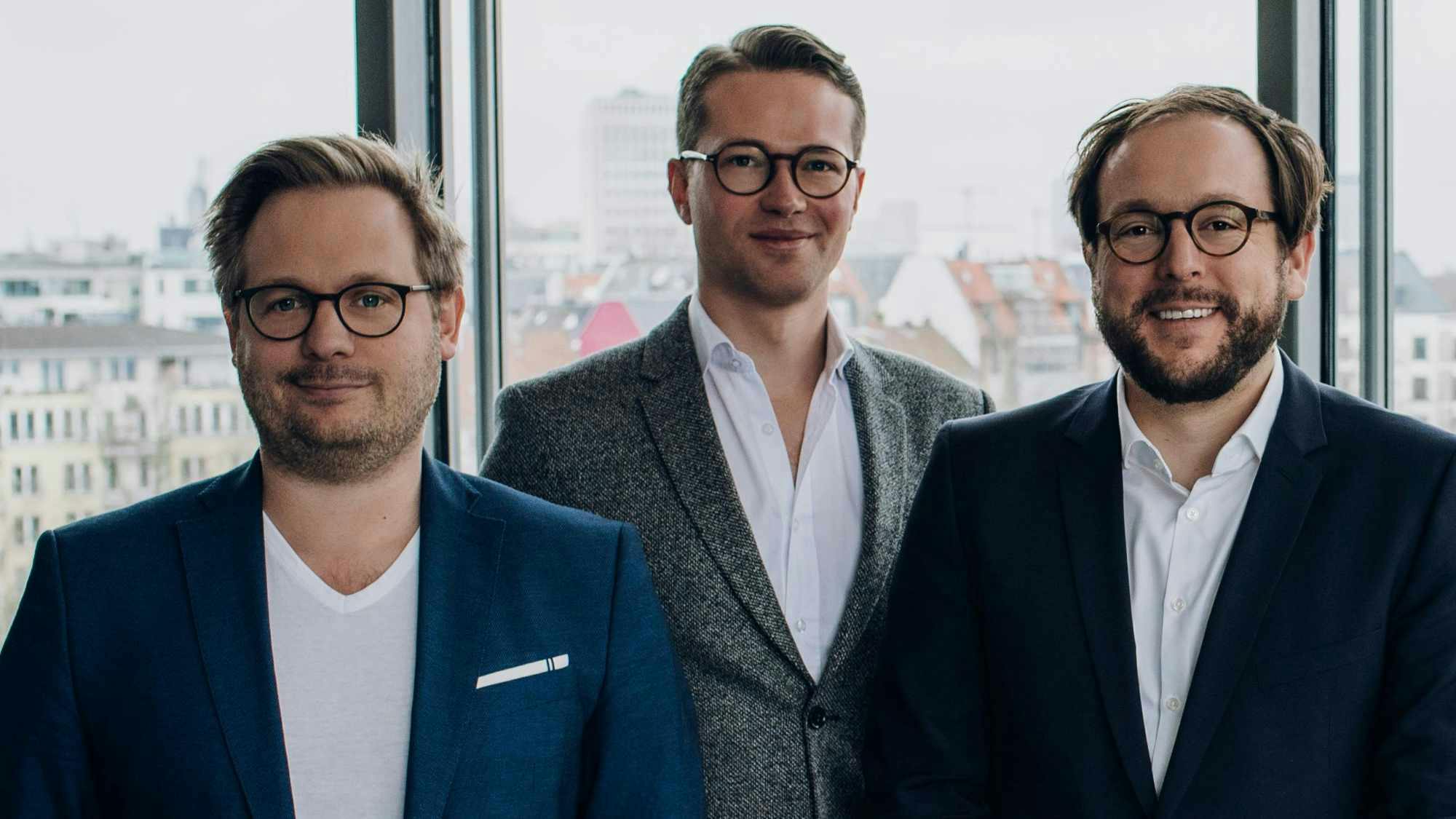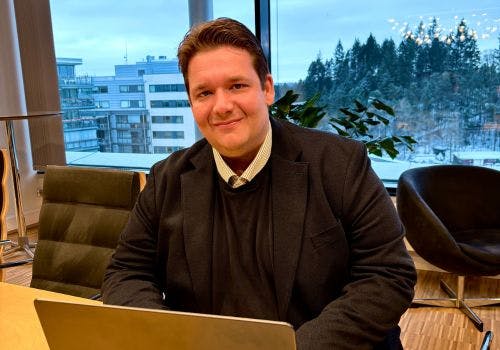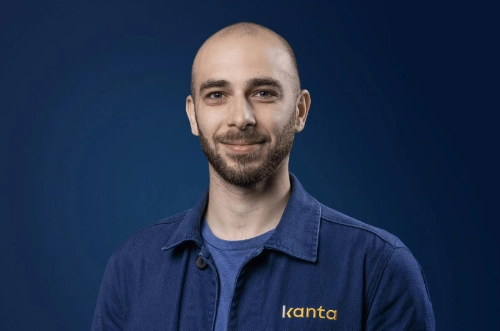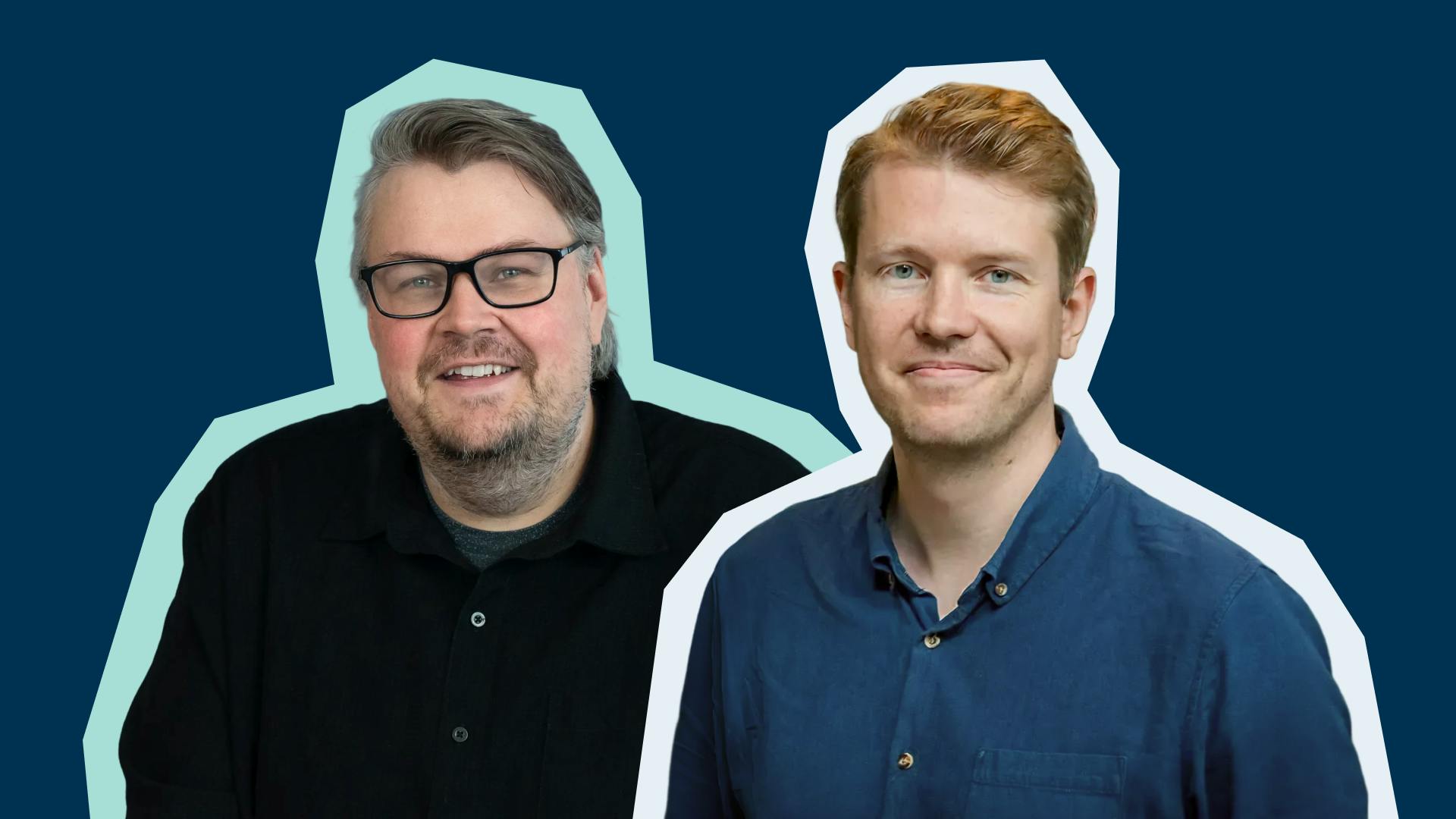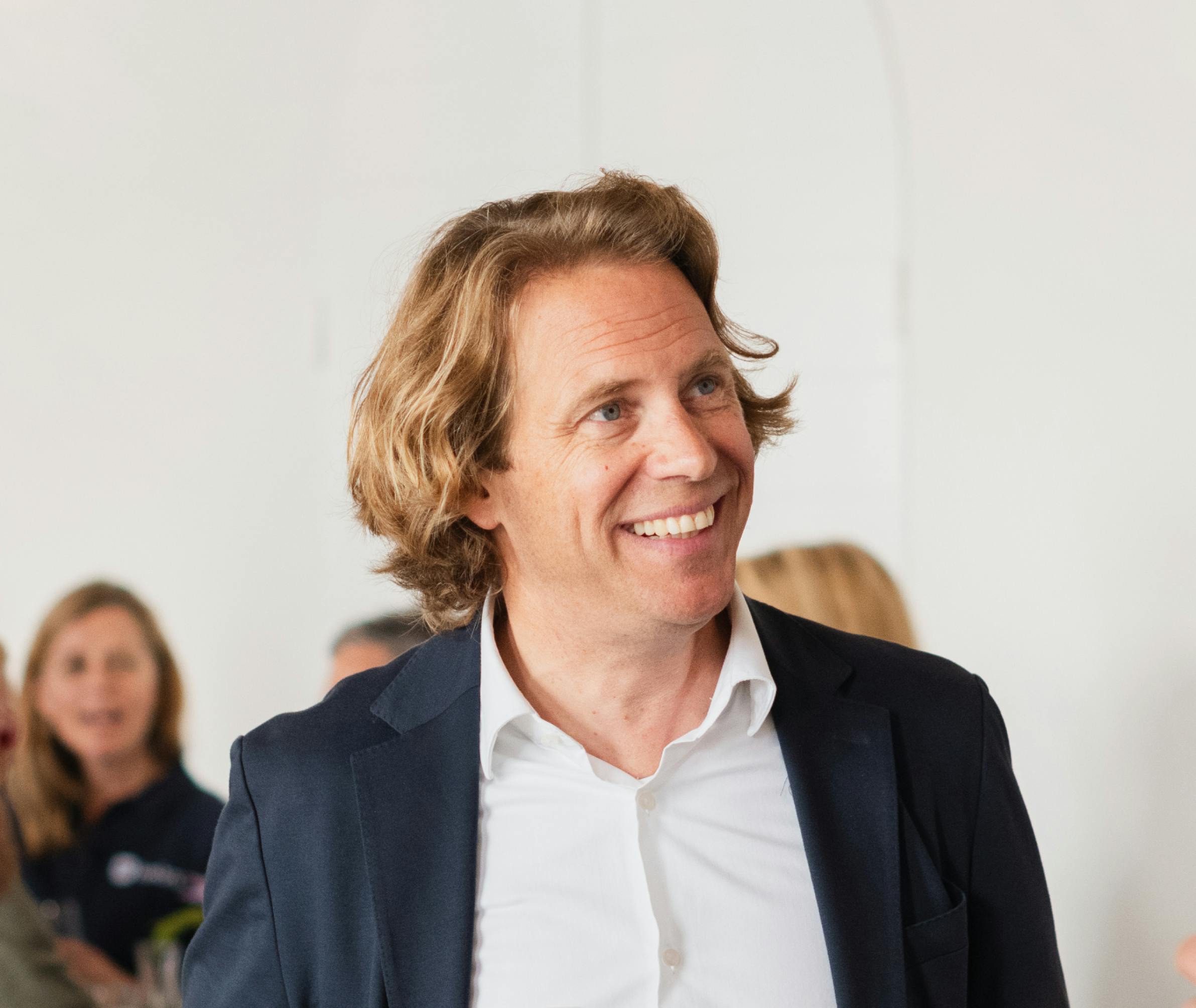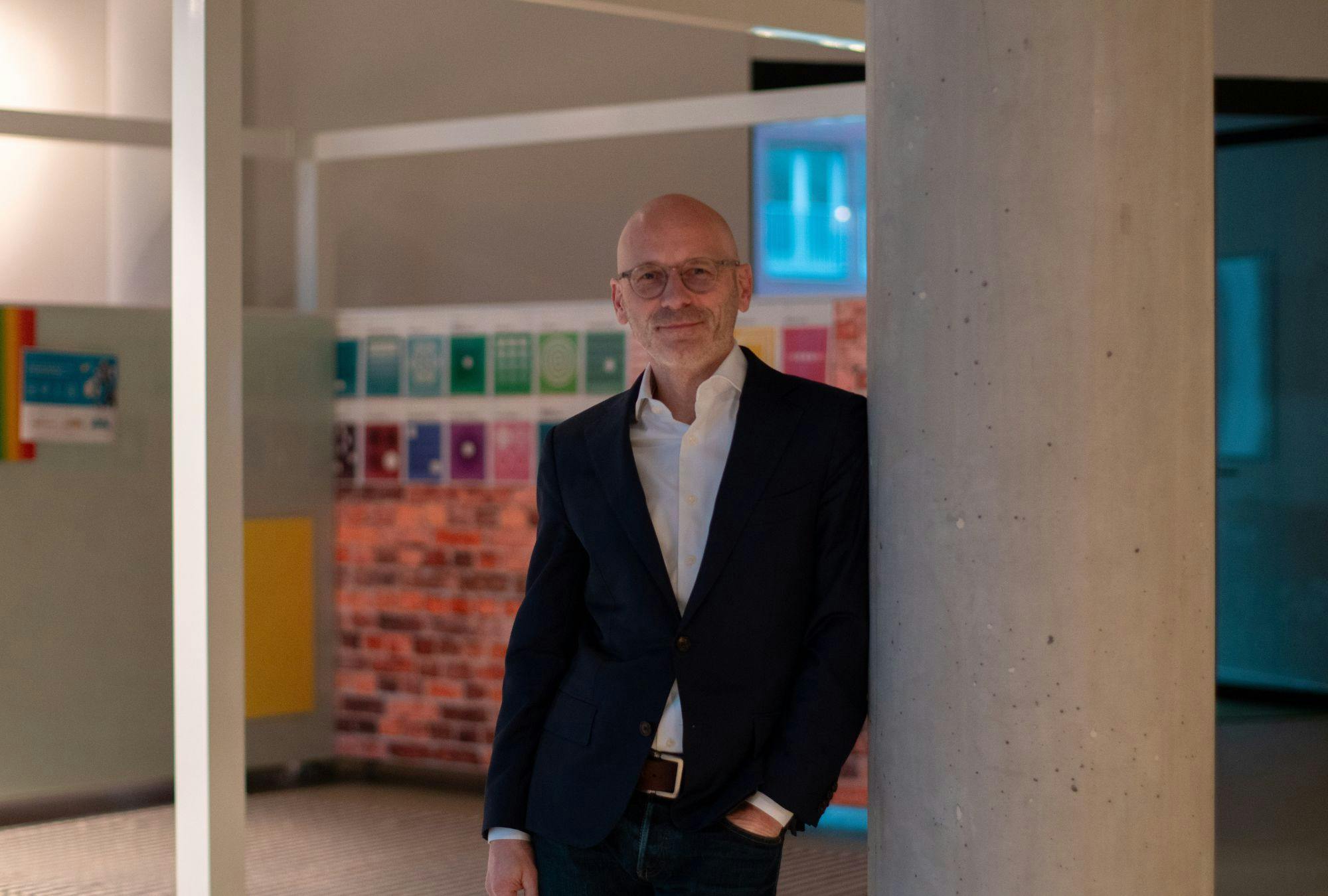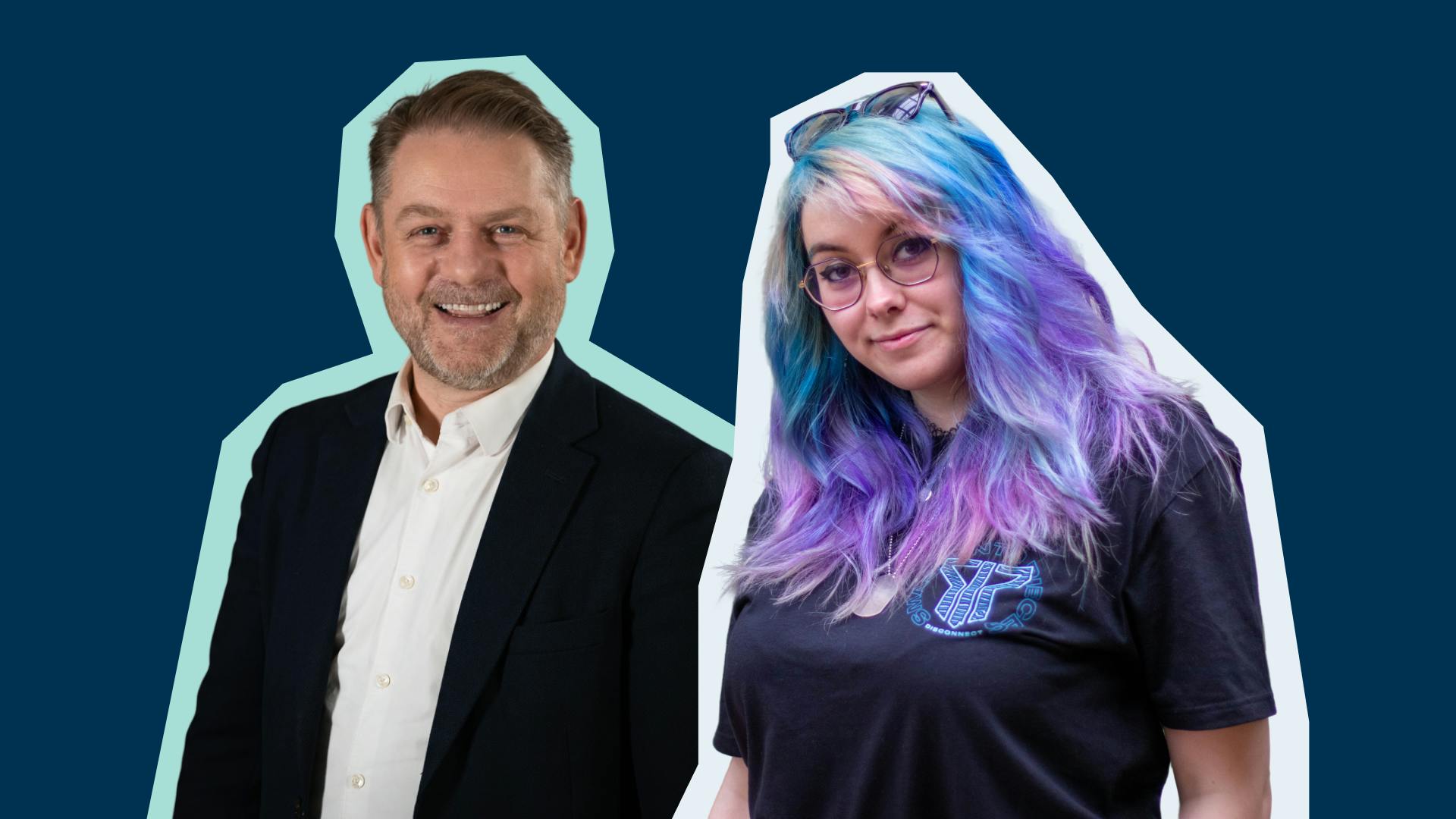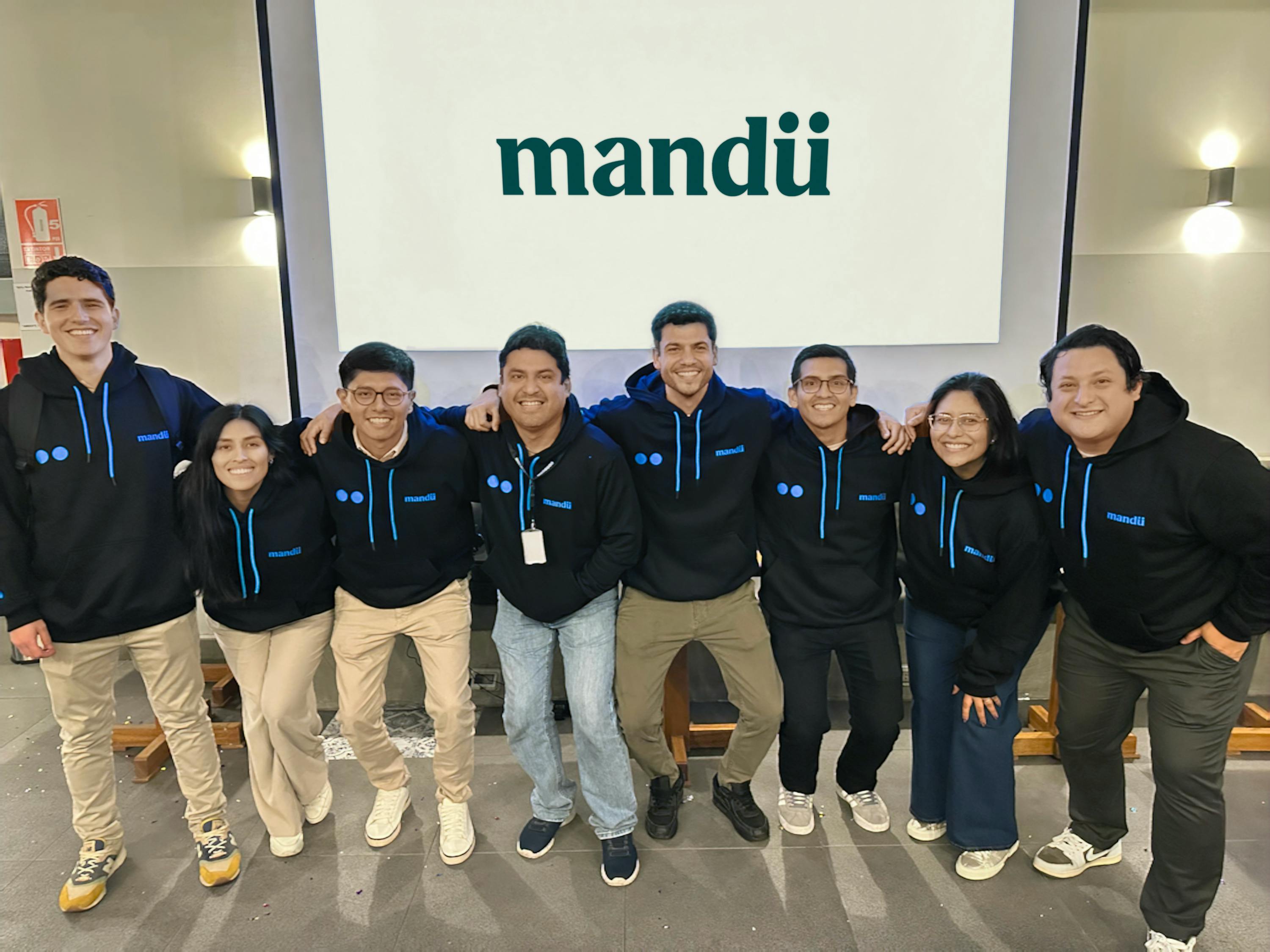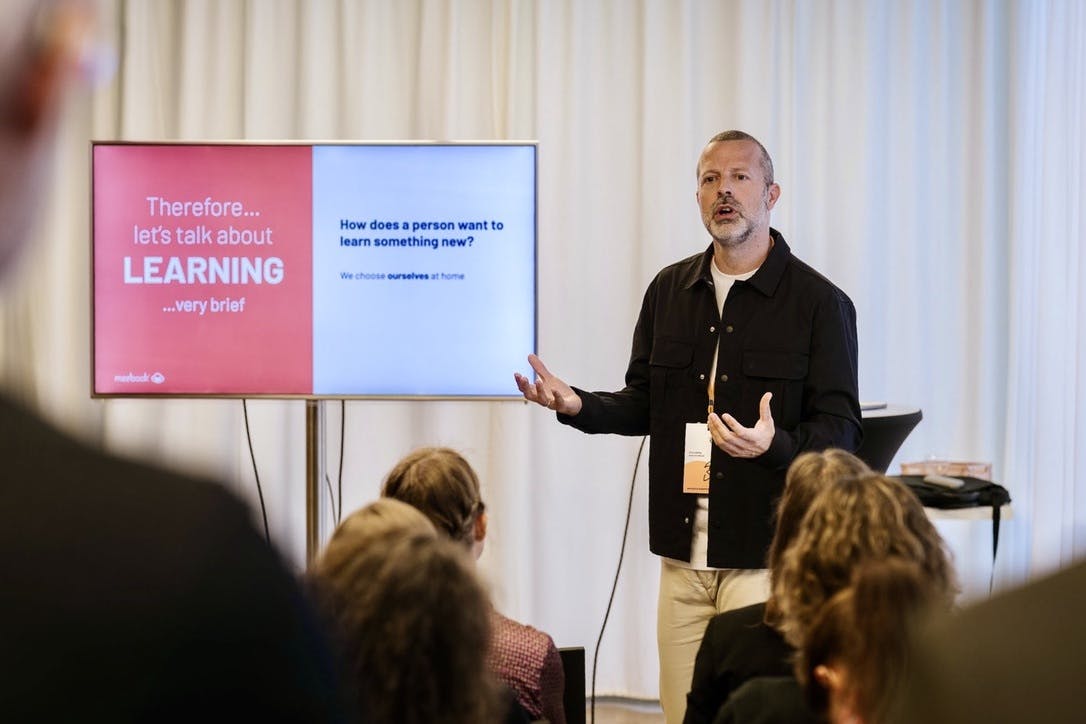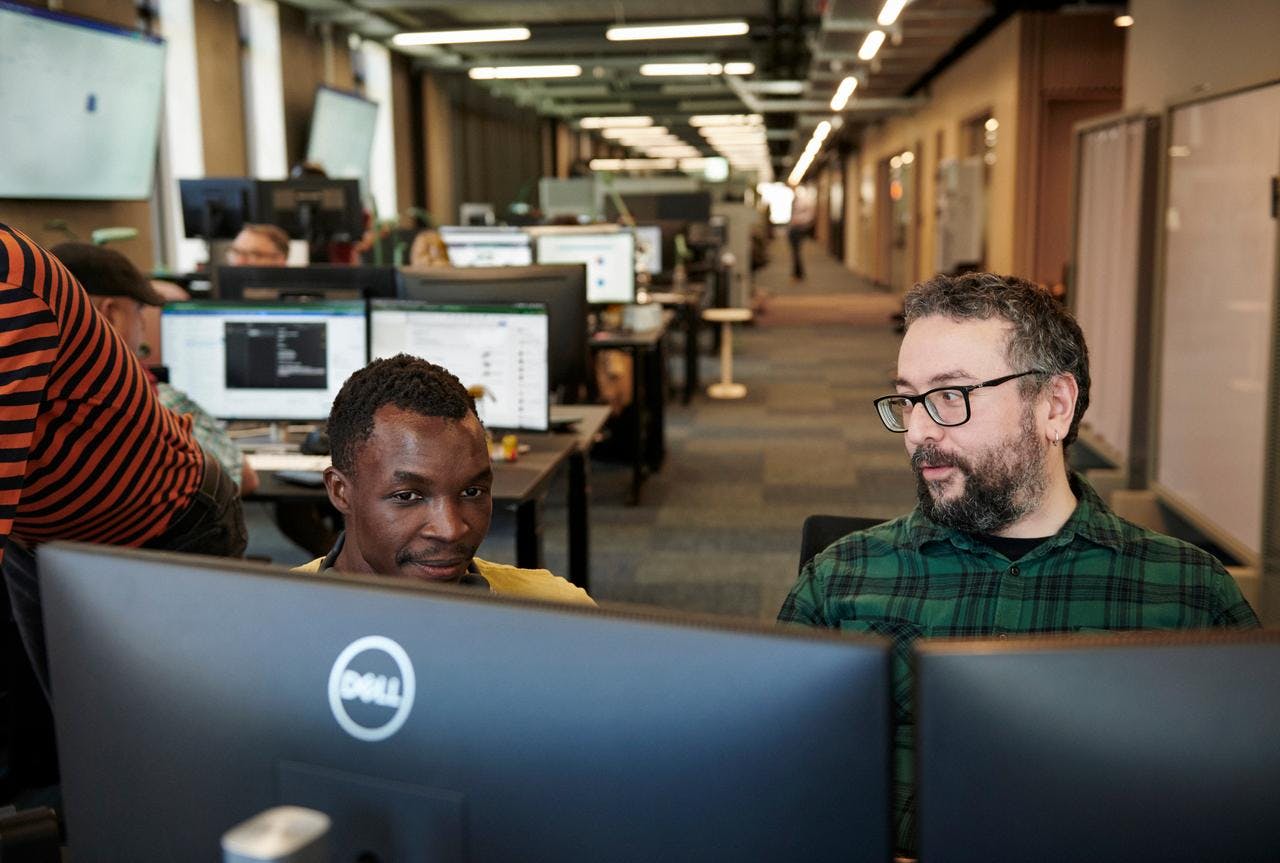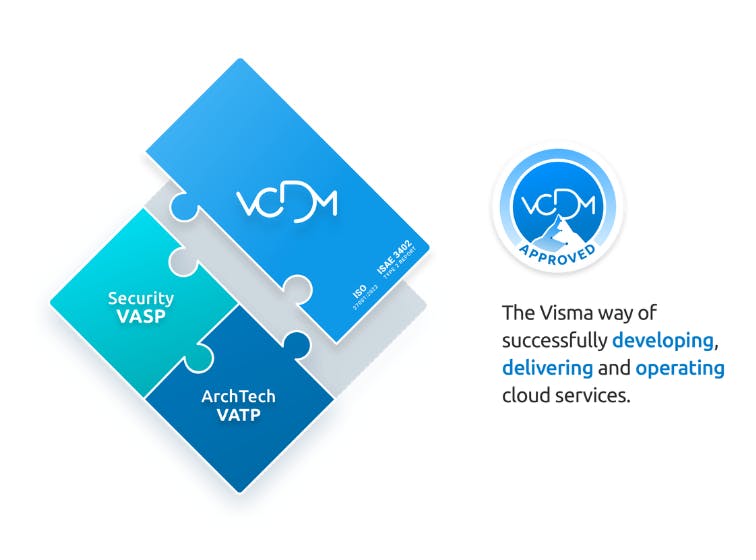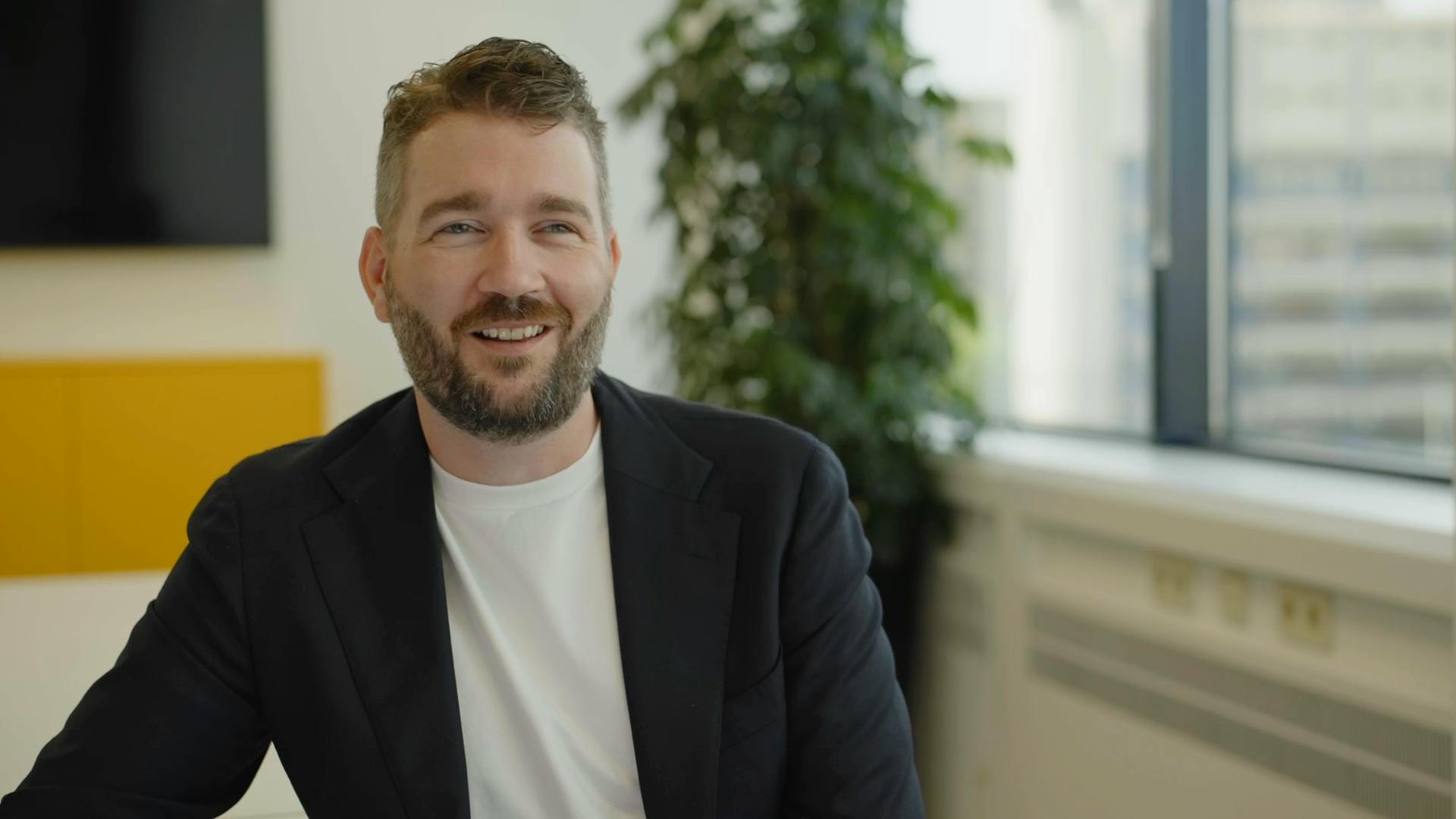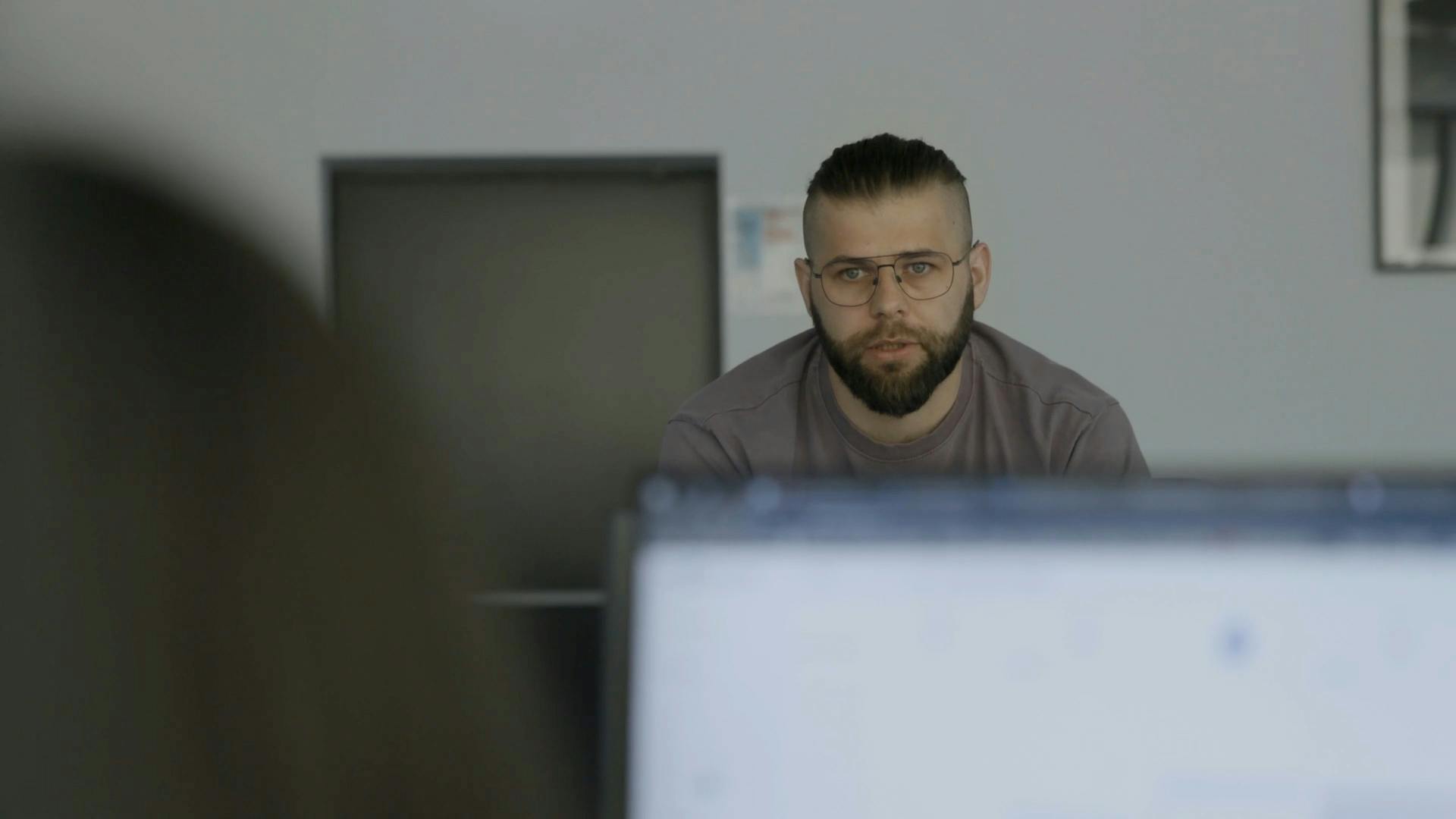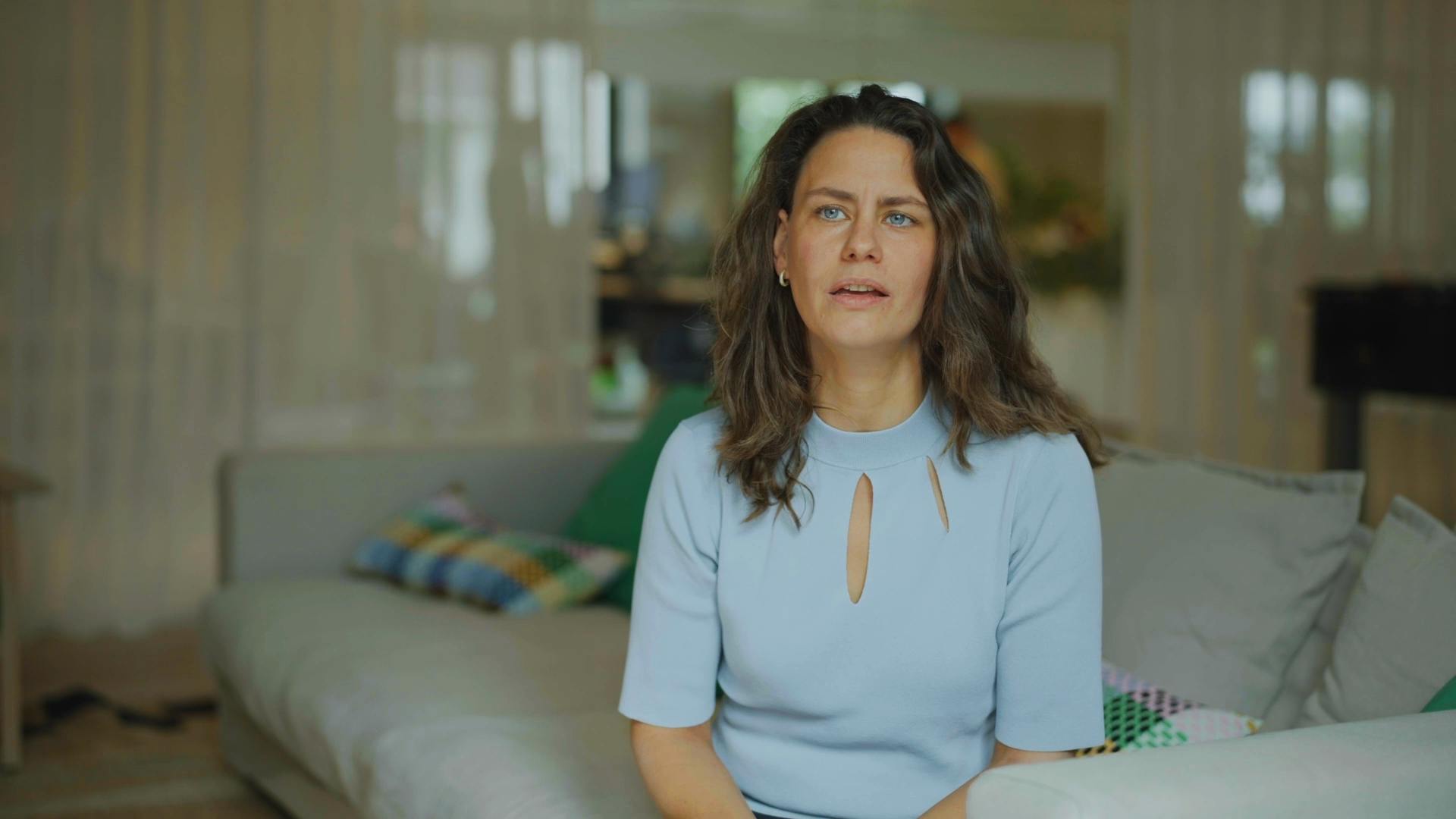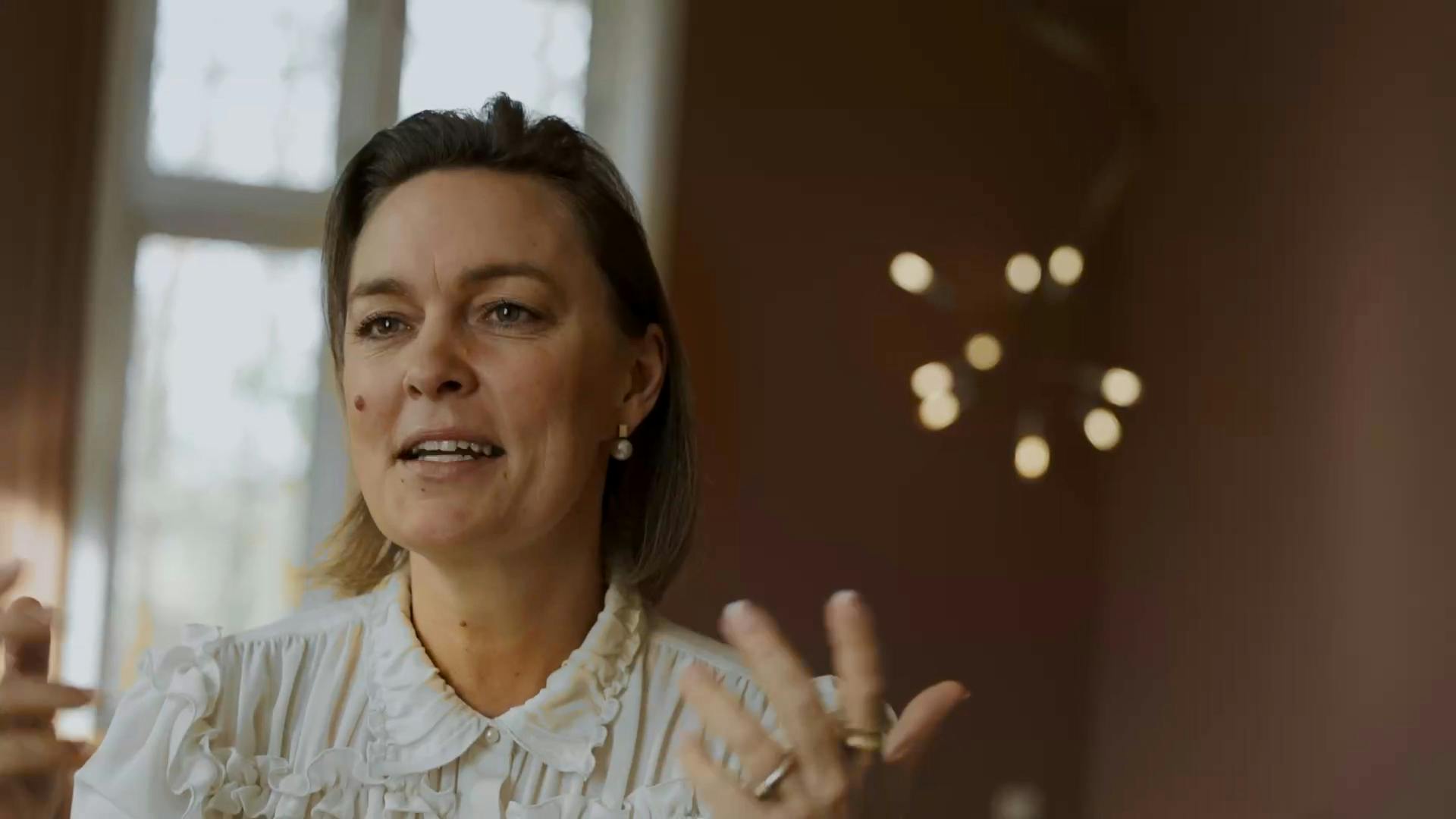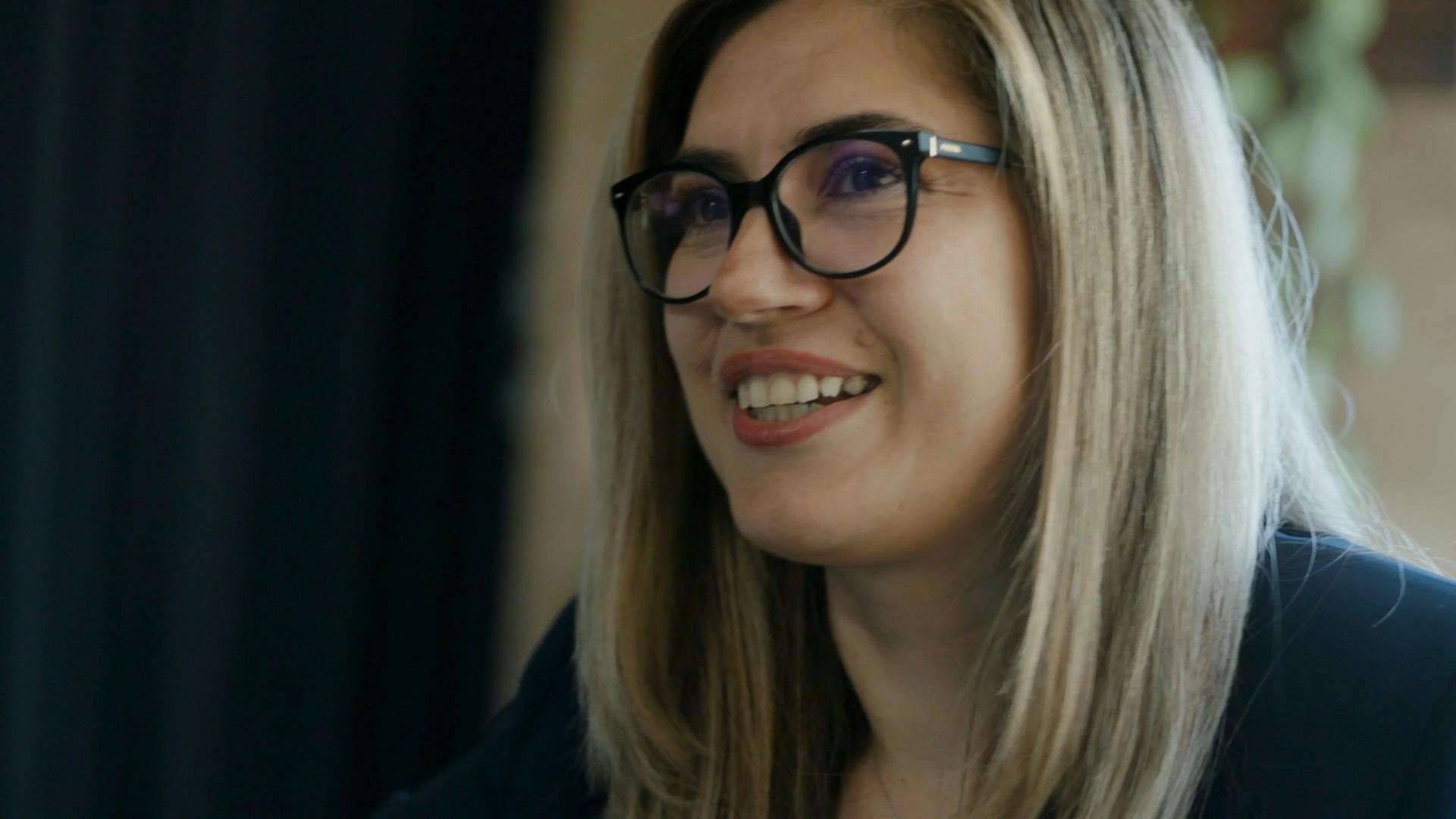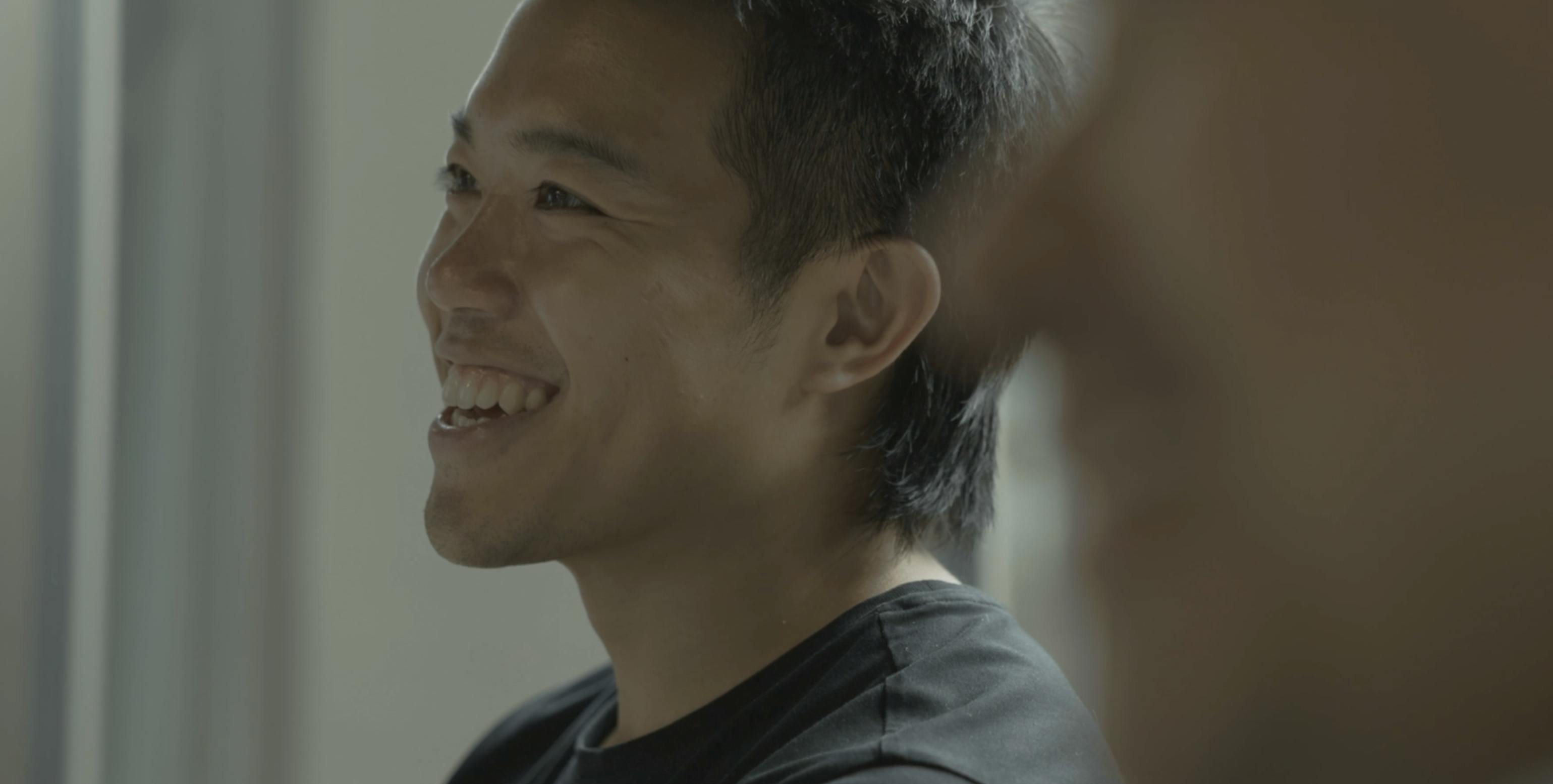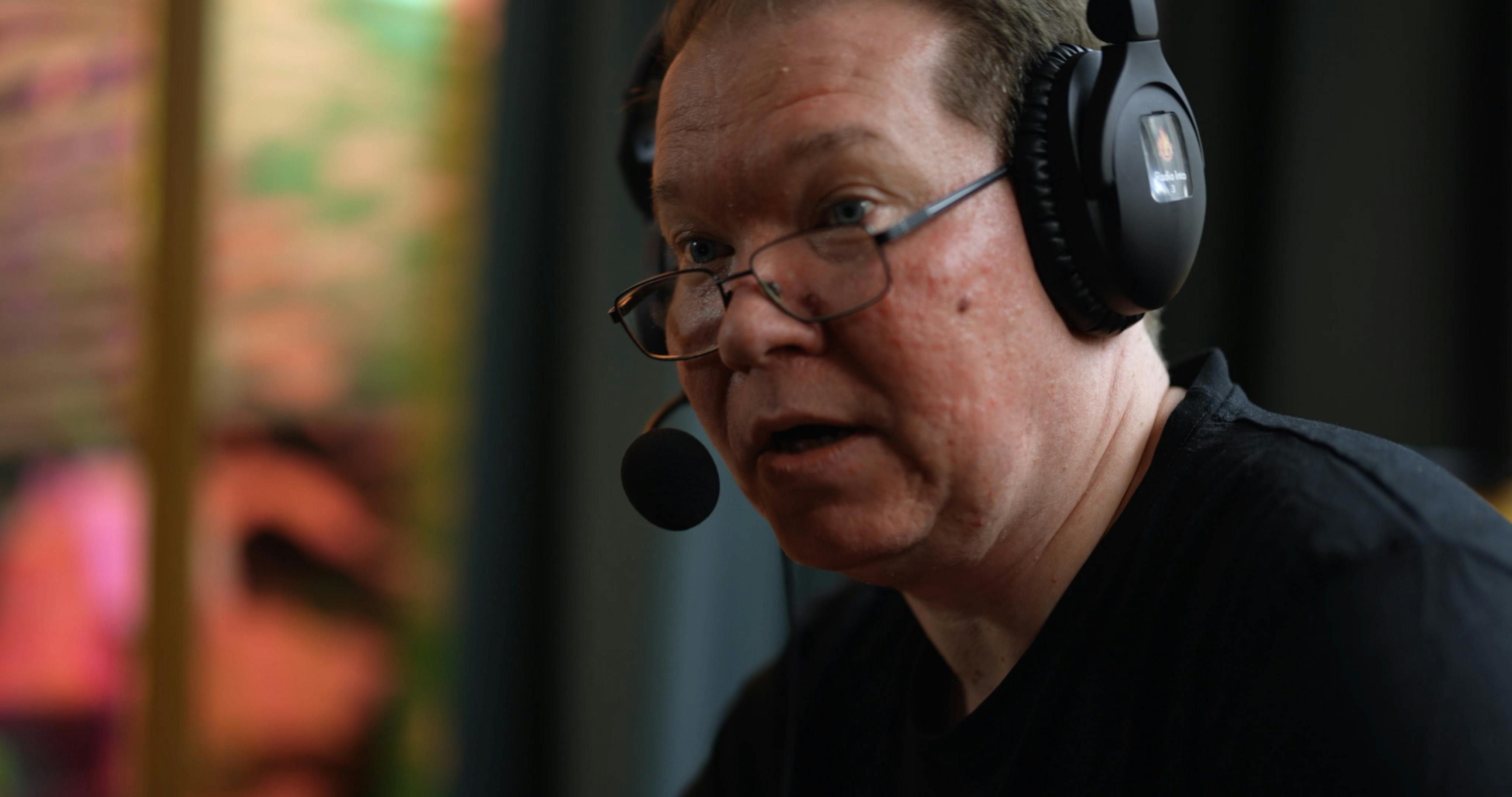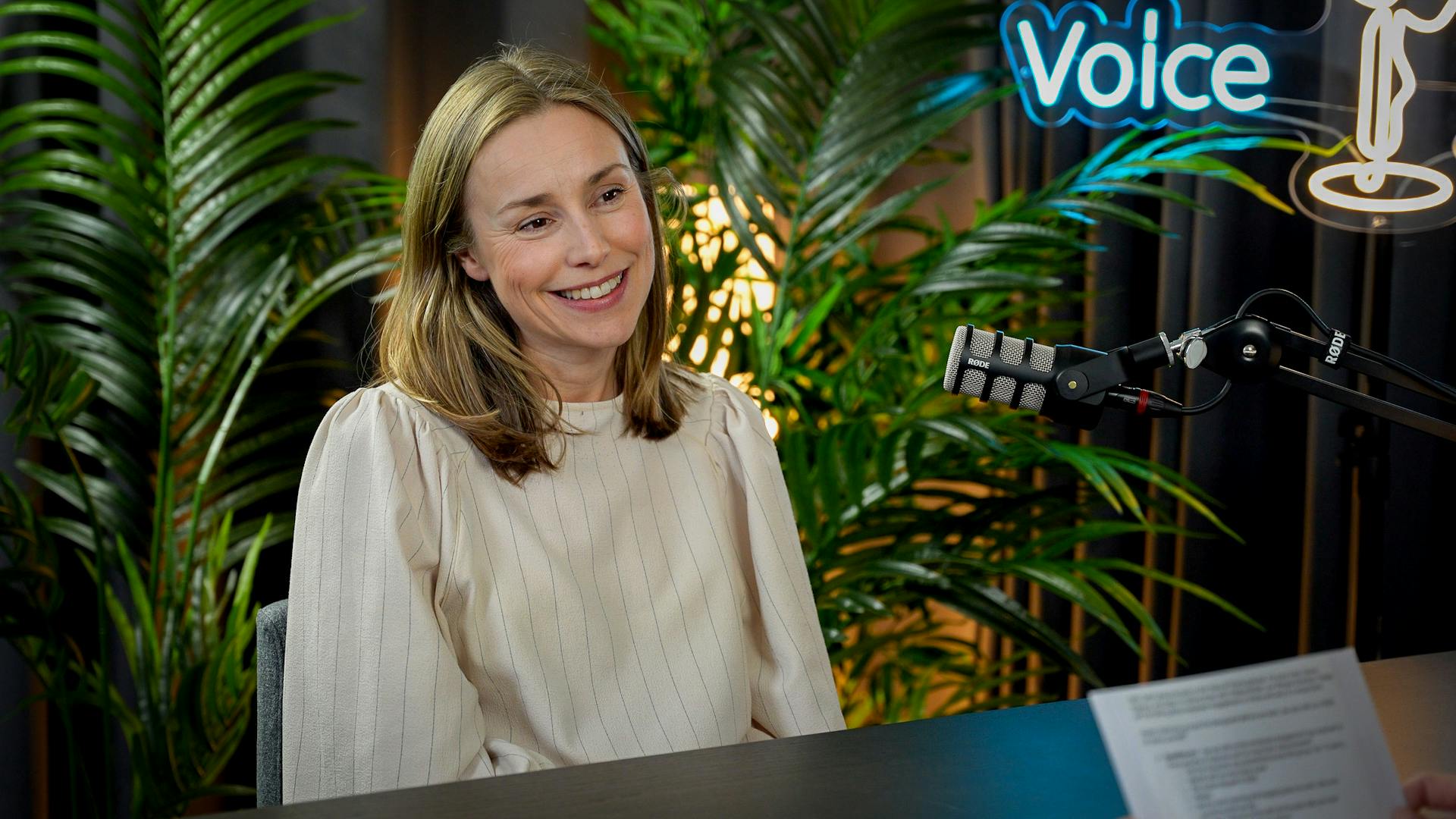Article
Voice of Visma Ep 08: Navigating the waters of entrepreneurship with Steffen Torp

4/7/2024
min read
Business insights
On the Voice of Visma podcast, we sit down with leaders and colleagues from around Visma to hear their stories, learn from their expertise, and share the best lessons they’ve learned throughout their careers. These are the stories that shape us… and the reason Visma is unlike anywhere else. New episodes are released Wednesdays on Spotify, Apple Podcasts, and YouTube.
The text in this article is from Episode 08 and has been edited for length and clarity.

Welcome, Steffen! Can you tell us a little about yourself?
I’m Chief Commercial Officer in the Visma Group. I started in Visma in 2006, and I’ve had a few various roles in Visma – working in the Finance department and even in the R&D department. I started as a trainee, actually. I’ve also been responsible for a couple of our segments, like small business, the public sector, large customers, etc.
On a more personal note, I’m married and have a son, who’s eight years old. And I live in Oslo, Norway.
Like many people in Visma, you started as an entrepreneur. Can you tell us a bit about your journey?
It was more that I was forced to rather than wanting to actually in the beginning. I was very young. I was 16, 17 years old. This was in the mid-’90s. I needed money, and I didn’t get a job at the local grocery store. But, at the time, you needed no skills to make a website for people. So, I just learned HTML – I think 1.1, 2.0. I charge my first customer €50, and then my second one €300″. And suddenly, I had a little business for myself.
Did you have any hidden skills that gave you the courage to own your own business?
Well, I’d say the first thing was that I was a teenager and really needed the money. That was really important. The second thing was that I didn’t need to sleep much, so I was able to sit up all night and work, find bugs, and still go to school the next day. My teachers complained that I was sleeping a little bit too much in class, but at least it worked out in the end.

What sorts of hassles did you experience while running your business?
Since I was doing this to make some money, the first thing I did, of course, was try to figure out how to send an invoice. At the time, the most-used software in Norway for invoicing was called daTax – it was actually Visma software that we sunset in 2012. I had some floppy disks, and I installed the software but I didn’t understand anything about it. So I just gave up and put the numbers in a spreadsheet – maybe even a Word document – printed it, and sent the invoice. That was smart at the time because I got money in the bank accounts.
Then, 18 months later, I was supposed to file my taxes. And I didn’t realise it until the day that taxes were due. Considering I just turned 18 years old and was quite scared about what it all meant, I suddenly felt very grown up. I was wondering, “What happens if I don’t do it? Like, do I get put to jail? Am I going to be fined?” You know, what happens?
That day, I had a date with a girl. We were going out in the evening and then to a party all night, and the deadline was at midnight. So, I really had to do it before I left home. I looked through all my invoices and my receipts, and I looked at the form, and I didn’t understand any of it. I even called up my economics teacher from secondary school for some advice. In the end, I just put some numbers on the form and sent it in and hoped that nobody would find the errors in it. And I left.
Maybe no one looked at it, or maybe they took it at trust value. I don’t know. But, the errors were never uncovered. I didn’t like it, but I got the job done.
Is it true that you went from being afraid of filing taxes to loving them?
No, you know, that was my experience in the ’90s with paper forms and floppy disks – and being 18 years old probably didn’t help a lot either. In 2005-2006, I had an ecommerce business, and I asked myself, “How can I do this in a simpler way?” Like, how can I just take an export of my database with all my invoices and just import it straight into the system? Because, at the time, that was a different type of business. It was thousands of invoices anyway, with all VAT stuff and different rules and everything. So, I needed some kind of import.
I was also working remotely. I was working in Ireland, my business partner was in Norway, and we had an accountant somewhere else in the world. And then I found the software called e-conomic, which is a Visma software today. The reason why I picked it was because it was online, and it was convenient, and it looked easy to use. So, I could sit down, there was an API, and I could understand the software. I could follow it up from my part of the world, with my business partner’s part of the world, and with our accountant. It was live. So, that was a different type of way of working for me. I still didn’t love it, but it was a big step up in terms of convenience to me.

What was your transition like, from being an entrepreneur to stepping into Visma?
I used to be a bit disappointed that I wasn’t able to go out again and work for myself again, together with just a bunch of good friends. But, I’ve been able to work for a multinational company that had a lot of room for growth and development. When I first started at Visma, I thought I would learn how a big company runs, what really good processes look like, and how to do good job interviews. And instead, I came to a really messy company.
But one of the things that was different about Visma was how they innovated. Innovation tends to be very difficult for large companies. And then I learned, working in Visma, that we don’t try so hard to find all the new ideas inside from the start, but rather look outside in the market and find entrepreneurs that have already discovered the innovations. In a lot of cases, those entrepreneurs don’t know how to scale their companies to the next level. So they come into Visma and we scale it together. That was a really new way of looking at it.
So, I was then able to work with all these really interesting entrepreneurs that had been way more successful than I was ever able to be myself. And I was able to learn from what they were doing, look at what works and what does not work. It gave me the opportunity to work for a large company but still maintain that small company feel. So, that was an interesting challenge for me, and that’s what made me stay for such a long time.
Was there anything in particular that made you stay?
But you happened to meet, also, in a very entrepreneurial company, matching your entrepreneurial spirit. I think that was the thing is that, I mean, in hindsight, I’m actually a little bit disappointed I wasn’t able to go out again and work for myself again, together with just a bunch of good friends and starting any new businesses.
But, on the other side, though, I was able to work for a large, larger company – multinational company – where I was thinking when I started that I will learn how to run a big company or how a big company is running, how good processes look like, how to do good job interviews. And instead, I came to a really messy company. So, I think it took like, I was in Visma eight years before they discovered I didn’t have a work contract. I was thinking, I’ll join the big company because of all the good processes, and, instead, I came into a company where I was doing more job interviews in Visma than I was doing when I was running my own business.

If you could share some learnings for aspiring entrepreneurs, what would you tell them?
I would say that most of my learnings have, of course, been from not my own experience, but from watching all the successful entrepreneurs that have joined Visma over the years. And what I have genuinely seen, just looking at it from the outside, is that the ones that are really successful are the ones that are standardising a lot. So, the ones that are thinking, “This is how this business works”. And the ones who are also able to inspire the people they are working with so that it’s not just about one entrepreneur running the company. They actually have the entire company running on their own. They are the ones that are really the most successful.
“I think step one is that you need to focus on your business. You need to know that this is how you do stuff and this is the standardised way of doing it. Step two is to inspire everyone in the workplace to pull in that direction.”
Of course, if you also count my own experience into it, I would say I’ve tried to do it all by myself, and it didn’t work. I ran into so many problems, like how to file the taxes and how to send an invoice. And I had nobody to discuss with. When I finally did get a business partner, we quarrelled a lot. We disagreed about a lot, but I actually enjoyed working together with someone a lot more, and I learned a lot more from it. We were able to work faster, and our company became bigger and more successful. So, my advice is to find a good business partner.
Final question: What does “Champions of business software” mean to you?
Well, you know, there are so many different types of businesses people run – bakeries, architecture firms, manufacturing, and so on. What they all have in common is that, at some stage, they use some software. And you can actually run a lot of businesses without having Photoshop or even without spreadsheets. But, you cannot run a business without invoicing your customers. If you don’t invoice your customers, your business is going out of business. You also need to pay your employees. So, those are actually two things that we do in Visma. It’s the invoices and the payslips that every business needs in order to be successful.
And I think that is really important for multiple reasons. One thing is that the business has to survive. So, of course, you need to pay your employees, you need to get your customers to pay you. That is really important, and all businesses need it. On the other hand, we are doing this also for society. Businesses send invoices with VAT declarations, automated taxes, etc., And when that’s done correctly using Visma software, those taxes are correct and contribute positively to the community. And, because of that, the trust in business, the trust in society, increases and improves.
“What we are doing is really important for the business owners, but it’s also really important for everyone living in the countries where we operate. When it’s easier to sell your goods and services as an entrepreneur with VAT than it is to do it without VAT, that means that the VAT is getting paid. It means that there is a broad tax base. It means that people are trusting that other business owners and entrepreneurs are also doing this with VAT. They are paying their bills; they are paying their taxes. And that is actually a smooth, well-functioning society.”
For me, I got a lot of this handed to me during my life. I went to free school; I went to university. I know for certain my parents would not have been able to afford any tuition fee for me. My son is going to school; my wife is working in health care. I really appreciate these services. So, having that trust in society – having that smoothness in the way we operate – we are really important infrastructure in society.
We also make it really easy for the business owners to operate. It shouldn’t be as difficult as it was for me in the ’90s to file taxes and figure out how to do an invoice. The more convenient that is, the better it is for the business owners and the better it is for the society we live in. And I think that’s what we are championing. We’re championing smoother-working societies, and we’re also championing all the business owners and entrepreneurs that really want to succeed.
Listen to the Voice of Visma podcast on Spotify, Apple Podcasts, and Amazon Music. Or watch every episode on YouTube.
Listen to the Voice of Visma podcast on Spotify, Apple Podcasts, and Amazon Music. Or watch every episode on YouTube.
Voice of Visma
Welcome to the Voice of Visma podcast, where we sit down with the business builders, entrepreneurs, and innovators across Visma, sharing their perspectives on how they scale companies, reshape industries, and create real customer value across markets.
Entrepreneurship,Voice of Visma
